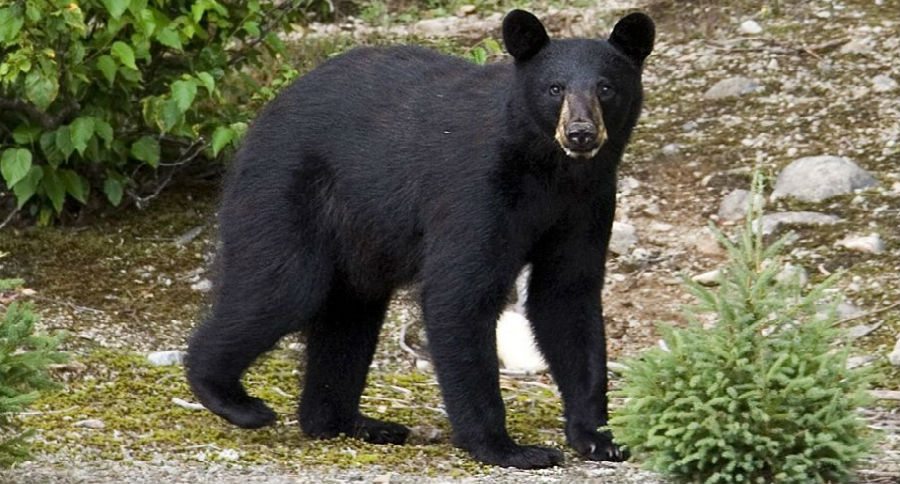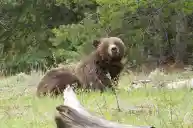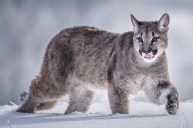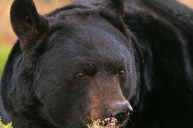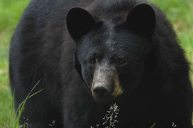South Carolina wants hunters to kill more bears around Myrtle Beach and, to that end, is offering bear hunting approval to almost anyone who signs up.
Since South Carolina legalized black bear hunting in the area around Myrtle Beach six years ago, only thirteen total bears have been harvested. Last year, three bears were taken from the area. So, legislators are hoping to recruit more hunters to kill more bears by making the bear tag drawing system more attractive.
They hope to approve a bill that would approve practically anyone wanting to hunt and harvest a bear in the three counties surrounding Myrtle Beach.
It is hoped that hunters can remove around thirty bears each season from the area to bring the population down to a level that reduces human-bear confrontations in the popular tourist destination.
Horry, Georgetown and Williamsburg counties have been targeted by the Department of Natural Resources as the counties with too many bears.
"If we don't harvest them, they get out in the road, and they get hit and they become nuisances,'' reported Senator Brad Hutto, D-Orangeburg. "There's a lot of reasons to have management by harvest.''
Senator Chip Campsen, R-Charleston, agreed with Hutto, saying that the low harvest numbers during the last six years have not been sufficient to manage the bear population adequately.
The Myrtle Beach area holds South Carolina's second largest population of bears, around 300, and those bears are conflicting with humans far more often than is desirable as they travel out of their wooded territory. The DNR has determined that a thirty bear a year harvest cap will do no harm to the local population.
The DNR's Charles Ruth said, "What we're talking about is a very limited harvest."
Under this bill and in this limited area hunters would not have to go through the drawing process for bear tags that the rest of the state requires. Most would automatically receive approval.
Of course the measure is also receiving some opposition from people opposed to management of bears by harvest. An official with the Humane Society of the U.S. suggested that nuisance bears could be relocated rather than killed, a costly non-solution that essentially only moves the problem to a different area.
Like what you see here? You can read more great articles by David Smith at his facebook page, Stumpjack Outdoors.
NEXT: Black Bear Goes on a Bender, Drinks Too Much Beer, and Passes Out on Lawn
https://rumble.com/embed/u7gve.v3trbl/
